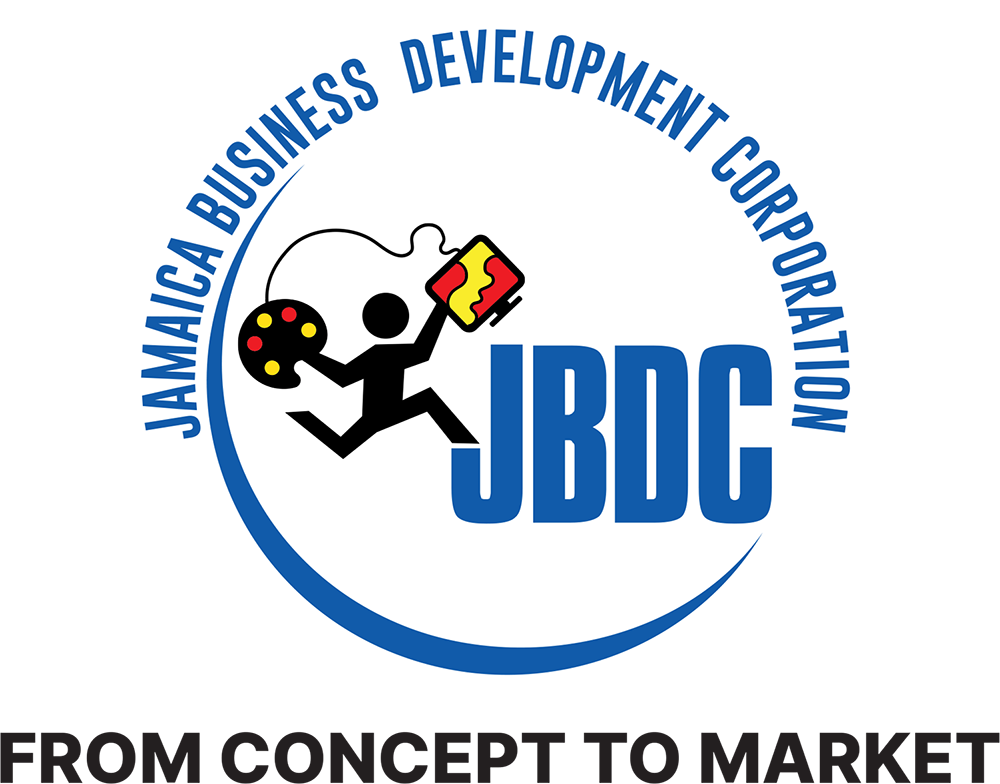MIAS leading the way with three-phase project
The Jamaican castor oil industry has not been able to shed the perception of being an enterprise for the ‘small man’, largely because the potential earnings mainly flow to counterfeit products on the market that are falsely labelled as Jamaican, players in the sector say.
Local producers of what is called Jamaican black castor oil, or JBCO, say the inauthentic castor oil is mostly produced in India and China, then labelled as Jamaican and sold for a fraction of the price.
For instance, an article posted by the Mona Institute of Applied Sciences, MIAS, on its website, says the global market for JBCO is US$300 million, but that Jamaica’s share is less than US$5 million.
Dr Howard Reid, principal investigator and director of MIAS, at the University of the West Indies, said this week that the proliferation of inauthentic JBCO products is due to a lack of standards.
“Jamaica has not told the world what JBCO is, and JBCO is not protected globally,” Reid said.
MIAS is leading a project that is meant to address that shortcoming.
Jamaica accounts for only two per cent of the Jamaican black castor oil sold globally, and that has been the case for a decade, the MIAS director told the Financial Gleaner.
The US$300-million valuation related to the size of the JBCO market worldwide in year 2019, while the broader castor oil market was then valued at US$2 billion globally, he said.
“The local market has been stagnant for the past 10 years due to technical bottlenecks, which make it difficult for Jamaican producers of JBCO to compete globally,” Reid added.
Last year, then Minister of Agriculture and Fisheries Pearnel Charles Jr reported that the castor oil industry was worth over US$100 million, while noting that the sector could contribute significantly to Jamaica’s economic output if local production improves and the export market is sustained.
But Courtney Haughton, president of the Jamaica Castor Industry Association, says the sector isn’t getting sufficient support from the Ministry of Agriculture to lift its profile and fulfil its earnings potential, the exception being the Rural Agricultural Development Agency’s parish office in Manchester, which has an officer who specifically works with farmers and oil producers in the castor industry.
“With someone like that in every RADA location, we could grow this industry. But it can only be described as a cottage industry at this point in time,” Haughton told the Financial Gleaner.
He said export of the product is being impacted by the fake products that dominate the export markets of the United States, Canada and the United Kingdom.
Typically, the counterfeit producers purchase the cheap oil, colour it with charcoal, then slap on a label with ‘Jamaican Black Castor Oil’ on it, he explained.
“The cost of purchasing that oil from India is a fraction of the cost of purchasing the locally made Jamaican black castor oil. Because our scale is so small, our production cost is very high, which means our end product goes into the market significantly more expensive than the fake products,” said the industry spokesman.
A metric tonne of commercial-grade castor oil from China or India costs US$1,800, whereas the authentic JBCO enters the export market at around US$18,000 per tonne, he said. The commercial-grade castor oil is often packaged and sold as JBCO, thereby competing with the legitimate product.
Jeremy Dixon, founder and proprietor of the Jamaica Black Castor Oil Company, said consumer education is needed for the market to differentiate between the fake and authentic JBCO.
“There are opportunities in the sector, but, in reality, you’re competing with a lot of fakes on the market. Even though they are branded as Jamaican black castor oil, it’s not created in the traditional way like how we make it,” Dixon said.
Explaining the process, Dixon said the local product is extracted after roasting, then boiling, the castor bean. That process gives the finished product a smoky aroma, unlike the foreign products, which are cold-pressed to squeeze out the oil. He said the charcoal is added to the foreign product in an attempt to simulate the smoky flavour and dark colour of the real JBCO.
At the formation of the JCIA, the group was allocated 1,600 acres of land at Mitchell Town in Clarendon, and a business plan for the property was prepared and submitted to the Ministry of Finance and the Public Service and approval given for a grant of $500 million, which was to be used to rehabilitate the irrigation system, to build out a factory, and to establish farms on the property, said Haughton.
But that project is now idle, he said.
The JCIA president is otherwise hopeful that the research conducted by MIAS will result in greater protection of JBCO’s intellectual property.
Indications are that getting to that outcome is three to five years away.
In an update on the project’s progress, Reid said the first phase was completed in December 2024. It covered research and development of the “physical characterisation and genetic standards for Jamaican castor plants, chemical and physical standards for JBCO and Jamaican cold-pressed castor oil”, he told the Financial Gleaner.
The second phase will deal with intellectual property protection of Jamaican castor oils, and a third phase will deal with enforcement of the IP protection in major markets, and the development of advanced technologies and sustainable practices to boost local production, Reid said.
The university is in the process of seeking grant funding for phase two, which is to be executed over a period of two to three years.
During this period, MIAS will collaborate with the Bureau of Standards Jamaica on the development of standards for both JBCO and JCPCO, obtaining a GI, or geographical indication, for Jamaican castor oil, and developing certification marks for castor products.
“After obtaining the GI for JBCO and JCPCO, it is expected that phase three will take an additional 24 months to enforce the GI in major markets,” Reid noted.
He added that since a GI is a distinctive sign used to identify a product’s origination, it would “essentially prevent non-Jamaican producers from calling their products Jamaican black castor oil and cashing in on the lucrative market, thereby allowing for the clawing back of a significant portion of the global JBCO market for Jamaican producers of JBCO,” the research scientist added.
Cosmetic- and pharmaceutical-grade castor oils make up approximately 40 per cent of the global market. The intent is to position authentic JBCO from Jamaica as the premium castor oil on the global market, at four times the value of its nearest competitor, Reid said.
Haughton is not optimistic that the protections will result in increased private-sector investment in the castor industry.
“Castor bean production is quite labour-intensive, especially at the reaping stage. It has been difficult to attract workers,” he said.
The crop is grown on small plots of one to 10 acres, while some is reaped from the wild.
At the recent JMEA Expo Jamaica trade show in Kingston, staged from April 3-6, there were several castor oil products on display, indicating a fair degree of robustness in the sector.
Yunique Francis Myers, co-owner of Castor Care Jamaica, said the demand for her product is high, and that she mainly promotes her brand by word of mouth and social media.
“People are loving not just castor oil, but Jamaican black castor oil. There are so many anecdotal stories about how they have used this product to cure things, for skincare and haircare products; the fact that it is natural, people just want it,” the entrepreneur told the Financial Gleaner.
Castor Care Jamaica grows its own castor beans at its farm in St Catherine, but also sources the raw material from a supplier in Manchester.
For a small business that started operation in 2022, Francis Myers says she is satisfied with the level of assistance from government entities, such as the JBDC, Bureau of Standards Jamaica and Jampro.
Source: Gleaner – https://jamaica-gleaner.com/article/business/20250504/castor-oil-market-seeking-game-changer-standardisation-gi-designation







